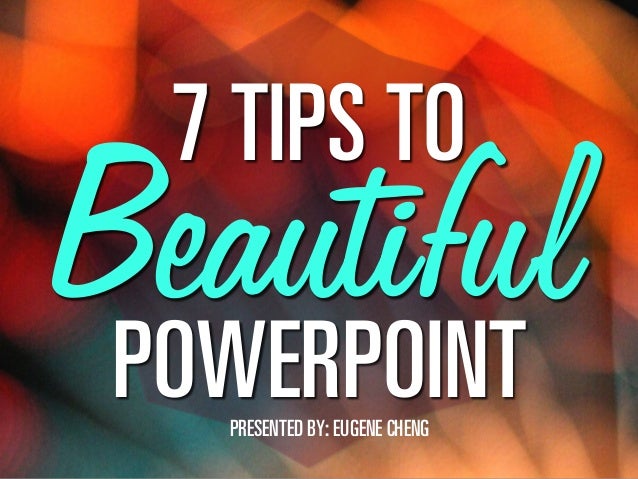These Google Search Hacks Are Going to Change Your Life (Or, at the Very Least, Make it Easier)
Category Archives: Research
TED Talks to Watch Before Public Speaking
Playlist (8 talks): Before public speaking…
-
-
Body language affects how others see us, but it may also change how we see ourselves. Social psychologist Amy Cuddy shows how “power posing” — standing in a posture of confidence, even when we don’t feel confident — can affect testosterone and cortisol levels in the brain, and might even have an impact on our chances for success.
-
Humanity’s fine-tuned sense of fear served us well as a young species, giving us laser focus to avoid being eaten by competing beasts. But it’s less wonderful when that same visceral, body-hijacking sense of fear kicks in in front of 20 folk-music fans at a Tuesday night open-mic. Palms sweat, hands shake, vision blurs, and the brain says RUN: it’s stage fright. In this charming, tuneful little talk, Joe Kowan talks about how he conquered it.
-
Melissa Marshall brings a message to all scientists (from non-scientists): We’re fascinated by what you’re doing. So tell us about it — in a way we can understand. In just 4 minutes, she shares powerful tips on presenting complex scientific ideas to a general audience.
-
Simon Sinek has a simple but powerful model for inspirational leadership all starting with a golden circle and the question “Why?” His examples include Apple, Martin Luther King, and the Wright brothers … (Filmed at TEDxPugetSound.)
-
In a brilliantly tongue-in-cheek analysis, Sebastian Wernicke turns the tools of statistical analysis on TEDTalks, to come up with a metric for creating “the optimum TEDTalk” based on user ratings. How do you rate it? “Jaw-dropping”? “Unconvincing”? Or just plain “Funny”?
-
Megan Washington is one of Australia’s premier singer/songwriters. And, since childhood, she has had a stutter. In this bold and personal talk, she reveals how she copes with this speech impediment—from avoiding the letter combination “st” to tricking her brain by changing her words at the last minute to, yes, singing the things she has to say rather than speaking them.
-
“We spend so much time listening to the things people are saying that we rarely pay attention to the things they don’t,” says poet and teacher Clint Smith. A short, powerful piece from the heart, about finding the courage to speak up against ignorance and injustice.
Create Better Presentations
Preparing great presentations means more than writing PowerPoint slides full of bullet points. Companies today want dynamic, interesting, visual presentations that visually reinforce your main points.
The following SlideShare presentations give great tips about and examples of creating great visual presentations.
 http://www.slideshare.net/itseugene/7-tips-to-beautiful-powerpoint-by-itseugenec?related=1
http://www.slideshare.net/itseugene/7-tips-to-beautiful-powerpoint-by-itseugenec?related=1
My Professor Wants “Credible” Sources; What Does that Mean?
Often professors will ask you to find information from credible sources. This is to ensure the information you find is valid, valuable, and related to your profession. Further, you should begin reading trade journals–the publications specializing in your field– so you are aware of the current trends and changes in the field.
Students generally know that Wikipedia is not a credible source and that academic papers are, but what are trade journals? What about Time or BusinessWeek. What other sources are credible?
Follow this link for a chart that details types of publications and gives examples:
http://gethelp.library.upenn.edu/PORT/infotypes/scholarly_popular.html












